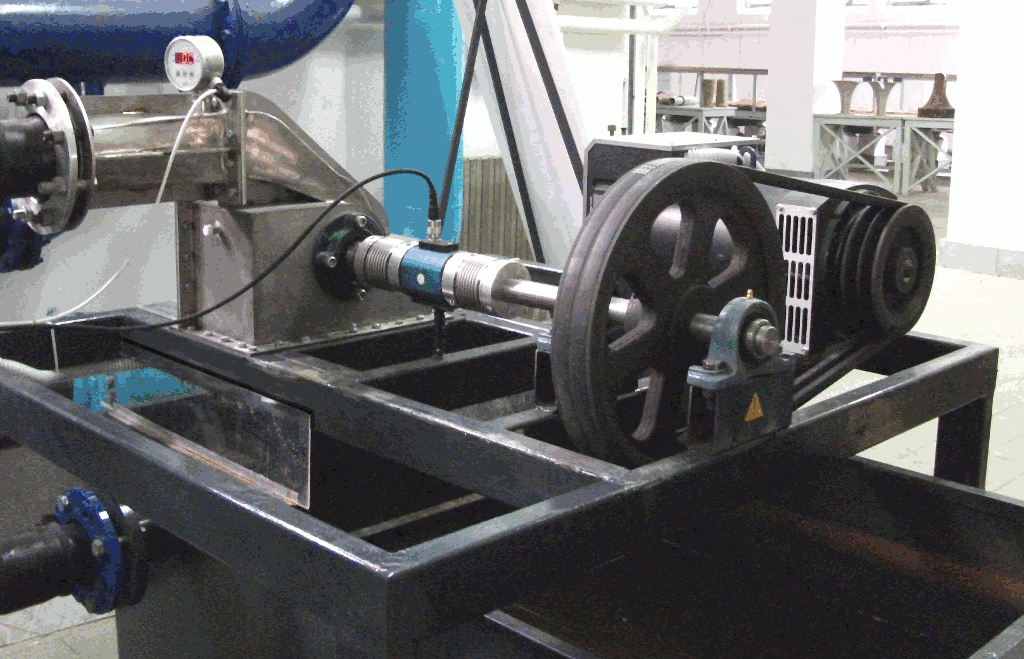ICAR01 - Hydraulics - Description

The Section of Hydraulics of DICAM promotes research and carries out teaching activity in the fields of Fluid Mechanics, Urban Hydraulics, Open Channel Hydraulics, Ground Water Hydraulics and Maritime Hydraulics. Both research and teaching activities are carried out aiming at producing scientific results and new engineers able to increase the quality of water town services and safety of town dwellers, to improve management of water bodies and preservation of the environment as well as to detect and to design novel methods for energy production from fluid flows.
In more detail, the topics studied belonging to Fluid Mechanics are the following: modelling of fluid motion; circulation in water bodies such as rivers, lakes and sea; transport and diffusion of particles in water bodies and in the atmosphere (such as sand, heavy metals, pollutants in general or dust); modelling of the interaction between fluid flows and structures; study and development of novel devices for energy production from moving fluid masses (pipe flows, open-channel flows, wind, wave motion).
In the field of Urban Hydraulics (water distribution networks, drainage systems, gas distribution networks), the topics studied are the following: optimal design (to reduce construction and management costs) and pressure control (to ensure satisfactory water distribution, at the same time restraining water leaks) in water distribution networks; estimating floods produced by intense rainfalls and studying solutions to control the related risks; optimal design of gas distribution networks.
The topics studied in the field of Open Channel Hydraulics are the following: modelling of open-channel flows; erosion and sedimentation phenomena, both localized and extensive; river morphodynamics; territory protection from water action.
Ground Water Hydraulics is studied through the following topics: sustainable exploitation of ground waters; pollutant transport; fresh-salt water mixing in coastal aquifers.
In the field of Maritime Hydraulics, finally, the studied topics are the following: wave propagation and wave breaking close to the shore; run-up on beaches and coastal protection barriers; flood hazards in coastal areas due to storm surges.
In all the above fields, research is carried out combining theoretical, experimental (both in laboratory and in field) and numerical approaches. The results obtained and the methods used are in part introduced in the teaching activity, so that the engineers-to-be are trained to use them in their profession.





